Here are tax deductions for homeowners selling their homes in Philadelphia.When it comes time to sell your house in Philadelphia, the time spent navigating the red tape will be well worth it. You’ll thank yourself later if you develop the practice of keeping meticulous records. Purchasing a home is one of the most important expenditures you will make in your lifetime. Did you know that, in addition to cashing in on your equity, you can get tax breaks for the expenses you incur when selling your home in Philadelphia? By taking advantage of these tax breaks, you may keep even more of your profits.

Keep in mind that arranging your exit strategy before you buy can help you make the best decision possible. Moving too quickly, on the other hand, may disqualify you, so it’s critical to follow all of the requirements for each deduction, including deadlines. Naturally, each deduction has its own set of restrictions and limits, and you’ll want to stay up to date on the latest tax laws to get the most of your tax strategy.
If saving money is something you’re interested in, keep reading as we go over the four most common tax deductions for homeowners selling their homes in Philadelphia.
Capital Gains Tax
When you sell your principal house in Philadelphia, which has increased in value from the original investment amount known as the basis, capital gains tax deductions for homeowners may apply depending on how long you have owned and lived in the property. Unearned income is when you make a profit and is taxed differently than earned income. Let’s pretend you haven’t done so in the last two years. Individuals can deduct up to $250,000 in capital appreciation for principal residences, while married couples filing jointly can deduct up to $500,000 in capital appreciation. It’s critical to keep an eye on the future, as anticipated tax legislation would force you to be more flexible with your purchase and exit strategy. If the proposed American Families Plan passes, investors who earn more than $1 million may see their capital gains tax rise.
Selling Costs
You can claim tax deductions for expenses incurred by homeowners selling homes in Philadelphia as long as there are no physical changes to the property. These costs could include legal fees, advertising, and even the real estate commission and other costs directly related to the selling of your home. These expenses offset your profits and lower your capital gains tax, even though they are not directly deducted from your taxes. Improvements or significant repairs to boost the sales price, as well as staging charges, may be deducted under specific circumstances. While closing costs such as legal fees for the title search, title insurance, and recording fees are not deductible, you can lessen your capital gains by adding these items to the cost basis of your home and lowering the profit.
Taxes
Property, state, or local income taxes, or sales tax are among the tax deductions available to homeowners selling their properties in Philadelphia, with a total deduction limit of $10,000 for married couples filing jointly. To claim the taxes, you must have previously paid them, and you must have done so in the year you are filing. Verify that the mortgage firm made the payment to the county if you pay your taxes with a mortgage. You may be allowed to deduct taxes on your holiday house, acreage, or even property outside of the country in addition to your primary abode. Your car, RV, or boat, for example, are among the items for which you can deduct interest. Make sure you know which assessments and payments you can deduct from your taxes according to the tax regulations..
Mortgage Interest
Mortgage interest tax deductions are a perk of owning a property. You can only deduct mortgage interest for the period of the year filed that you still held the house, just like property tax deductions for homeowners selling their homes in Philadelphia. In 2017, the Tax Cuts and Jobs Act (TCJA) increased the maximum mortgage principal amount to $750,000 for new loans. The TCJA also quadrupled the standardized deductions, bringing the total to $25,100 for married couples filing jointly in 2021. This means you can only deduct eligible mortgage interest above this amount. PMI, or private mortgage insurance, is currently tax deductible as well. Any interest paid on energy-saving home upgrades may be deducted as home mortgage interest if you have financed them.
When selling your Philadelphia property, talk to Philly Homes And Lots about these and other tax deductions that homeowners should be aware of. The experts at Philly Homes And Lots want to assist you in making the most money possible. We can guide you based on our years of experience. If you’re looking for a new home, Philly Homes And Lots offers a list of the greatest options. To find out how we can assist you, call Philly Homes And Lots at (215) 385-3055 or send us a message.

